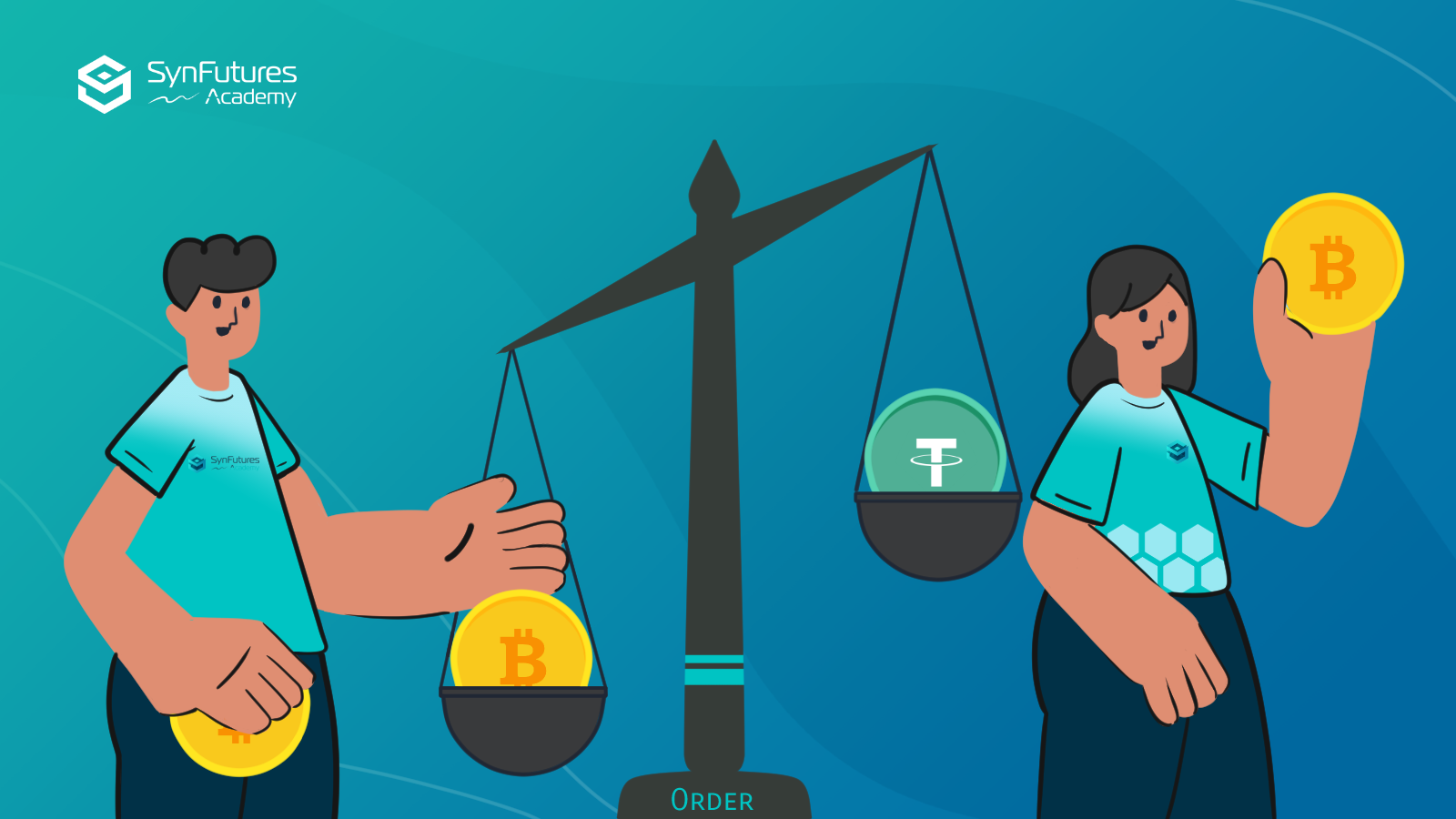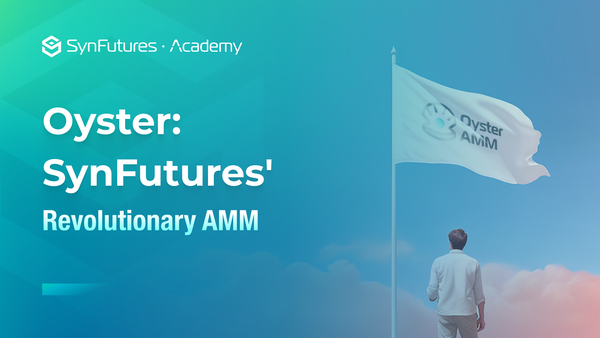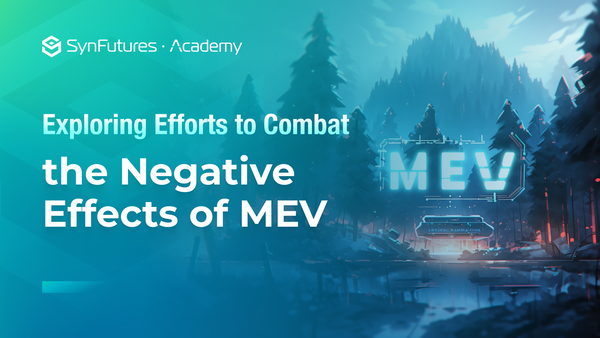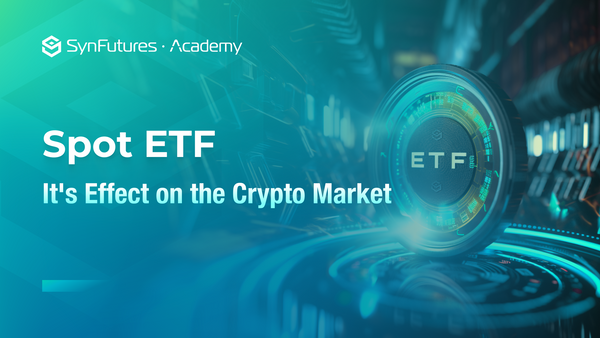What are Market Takers and Makers in DeFi?
Key Points
- Every exchange requires liquidity to operate successfully.
- Liquidity is the availability of liquid assets to a market.
- Market makers add liquidity to the orderbook.
- Market takers take liquidity from the orderbook.
- Market takers pay a higher fee than market makers.
Introduction
Every order book exchange has two main participants, makers, and takers. Traders always fall under one of these categories. Makers provide liquidity for the order book by placing orders that can be matched in the future. Conversely, takers take liquidity from the order book by matching orders from the order book.
Before going further into these two categories, let's learn about liquidity.
What is Liquidity?
Liquidity is the amount of liquid assets in a market, and it measures how easy it is to sell or buy something. Bitcoin is a liquid asset because it can quickly be sold or bought; an esoteric design PFP NFT with no intrinsic value, community, and renowned artist is an illiquid asset because it will be scarcely sold or bought.
In the same breath, a liquid market is where you can buy and sell assets at a fair value in a timely and cost-efficient manner. Liquid markets always have high demand and supply for an asset at a wide price range. In a liquid market, there are buy and sell orders waiting in the market to be filled based on their target price.
Who Are Market Makers and Takers?
As aforementioned, every trader on an exchange is either a maker or taker. Market makers look to be paid the spread by providing liquidity for market takers. Spread is the difference between the bid and ask price from the makers.
Makers aim to buy or sell assets at future prices. For instance, if the price of BTC is $40,000, a maker order will be something akin to Buy-limit of $30,000, i.e., buy a predefined amount of BTC when the price drops to $30,000 or Sell-limit of $50,000, i.e., sell a predefined amount of BTC when the price rise to $50,000.
Before executing, these orders sit on the order book waiting for the preset conditions to be met. They consequentially increase the market depth (liquidity). Market makers tend to be short-term-oriented, turning over their positions rapidly. They try to mitigate their risk by targeting a position that increases their potential profit.
On the other hand, takers' orders are filled before they can make it to the order book. Market order traders are always takers, as they never go to the order book. Market takers need liquidity and immediacy to guarantee a fair price when opening or closing a position and are willing to pay makers the premium for providing this liquidity. Takers are indifferent about the trading cost, as they tend to turn over their position less frequently than makers.
Makers And Takers Fees
Orderbook exchanges operate on a maker-taker fee structure, where makers and takers pay different fees. Because exchanges require liquidity to run smoothly, and makers provide these liquidities, their fees are subsidized as an incentive for market making. Any trader can be a market maker through limit orders.
Automated Market Maker
Since the introduction of decentralized finance, the automated market maker(AMM) system has taken off as an alternative form of market-making for decentralized exchanges (DEXes). This system is indigenous to blockchain applications, and its core concept is pooling liquidity for trading. Liquidity providers (LP) replace market makers in AMM (Automated Market Maker) DEXes. Also, the spread incentive system is replaced by LP rewards generated from transaction fees on the exchange.
The Bottom Line
Every trader is a maker or taker at any point in the market, and being one depends on their current preference for immediacy or future entry target over the other. They are both vital parties in the operation of the market; each needs the other to thrive. Makers provide liquidity for the market and are rewarded, while takers pay for the liquidity to get fair value for their trade.
Discover SynFutures' Crypto Derivatives products: www.synfutures.com/.
Disclaimer: SynFutures Academy does not guarantee the reliability of the site content and shall not be held liable for any errors, omissions, or inaccuracies. The opinions and views expressed in any SynFutures Academy article are solely those of the author(s) and do not reflect the opinions of SynFutures. The SynFutures Academy articles are for educational purposes or information only. SynFutures Academy has no relationship to the projects mentioned in the articles, and there is no endorsement for these projects. The information provided on the site does not constitute an endorsement of any of the products and services discussed or investment, financial, or trading advice. A qualified professional should be consulted prior to making financial decisions.




